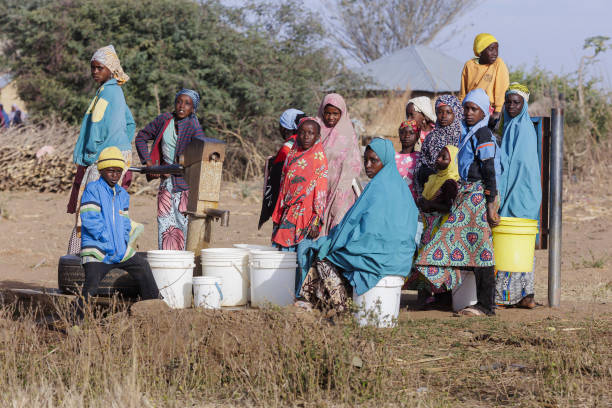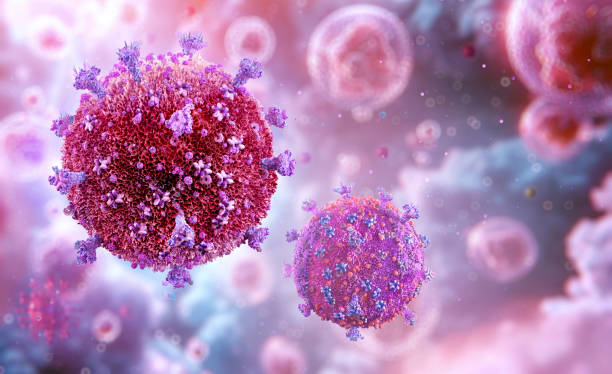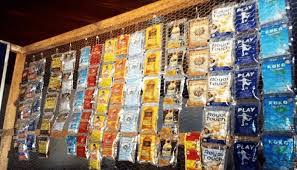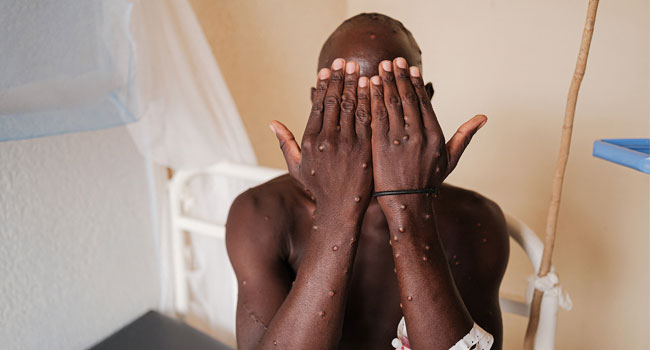In a country blessed with rivers, rainfall and natural resources, it’s hard to believe that getting clean water is still a daily battle for millions of Nigerians. But from the bustling streets of Lagos to the quiet villages in Zamfara, access to safe, drinkable water remains a luxury that many simply cannot afford.
“Water, water everywhere, but not a drop to drink”
That old line from a foreign poem might as well be Nigeria’s national slogan on water. Even in major cities like Abuja and Port Harcourt, taps are often dry. And when water does come out, it’s usually brown, smells funny, or comes with tiny things swimming inside — free protein, if you ask some tired residents jokingly.
Rita, a mother of three in a Lagos suburb, pays N300 daily to buy clean water from a “Mai Ruwa” (water vendor). That’s almost N9,000 a month – just for water to cook, bathe and drink.
“I spend more money on water than on food,” she says. “We’ve not seen water from the tap in over a year. Yet, we still get bills from the water board. For what, I don’t know.”
A National Problem, Not Just a Rural One
While rural communities have long struggled with fetching water from streams and open wells, the sad reality is that urban dwellers now face similar problems. Many Nigerians rely on boreholes, sachet water (popularly called “pure water”), or private water sellers. But even these are not always safe.
According to the United Nations, about 60 million Nigerians – that’s more than the entire population of Ghana and Cameroon combined – do not have access to clean water. That’s over a quarter of the country battling waterborne diseases like cholera, typhoid, and dysentery every day.
The Health Risks Are Real
Dr. Chinyere Okafor, a public health expert based in Enugu, explains: “Many of the sicknesses we treat daily are tied to poor water quality. People drink dirty water because they don’t have a choice. You can boil it, yes, but how many Nigerians have stable electricity or gas to do that every day?”
During the recent cholera outbreak in Lagos, over a hundred people lost their lives. Investigations revealed that contaminated water sources and poor sanitation were the main culprits. Yet, little has changed.
Infrastructure That Doesn’t Work
Decades of underinvestment, corruption, and neglect have left Nigeria’s water infrastructure in a sorry state. Water treatment plants built in the 1980s have collapsed or are running far below capacity. Pipes are broken, leaking, or simply missing.
“You see a water pipe, and you’ll see people fetching water from the gutter next to it. Sometimes they mix,” said Musa, a plumber in Kano. “We’re not serious in this country.”
In 2021, the Federal Government launched the ‘Water, Sanitation and Hygiene’ (WASH) Action Plan with grand promises. But for now, most Nigerians say they’ve seen more press releases than pipe repairs.
The Cost of Clean Water
In some rural areas, NGOs and communities have taken matters into their own hands — building solar-powered boreholes or protected wells. But in most urban centres, residents either buy expensive water from tankers or rely on sachet water for drinking. Ironically, these sachets often clog drains and worsen environmental problems.
A single bag of pure water now sells for N300 in many cities — double what it cost just a year ago. Yet, there’s no guarantee of quality. NAFDAC has warned repeatedly about unregistered sachet water producers operating out of backyards with little hygiene.
What Needs to Change?
Experts say the solution is not rocket science. Invest in working water treatment plants, repair broken pipes, enforce regulations on water quality, and empower local communities to maintain boreholes.
“If the government can put just half the effort they put into elections into fixing water, we won’t be here,” said a frustrated teacher in Ibadan.
Until Then, We Move
For now, Nigerians will keep improvising — storing rainwater in buckets, boiling suspicious liquid, and joking about building canoes if the pipes never work again.
Because in Naija, even when you’re thirsty, you must still laugh.
As one Twitter user quipped during the last water crisis in Abuja:
“We no dey carry last, even if na to bath with bottled water.”
But truth be told, this water struggle is no joke.
Sidebar: Quick Facts
-
60 million Nigerians lack access to clean water (UNICEF, 2024).
-
Over N9,000/month: Average amount spent by low-income families on water in cities.
-
Cholera deaths in Lagos (2024): Over 100 linked to dirty water.
-
Only 11% of Nigerians have access to safely managed drinking water at home.
Do you rely on water vendors or boreholes in your area? Share your experience with us. #WaterWahala #ThisIsAfrica





